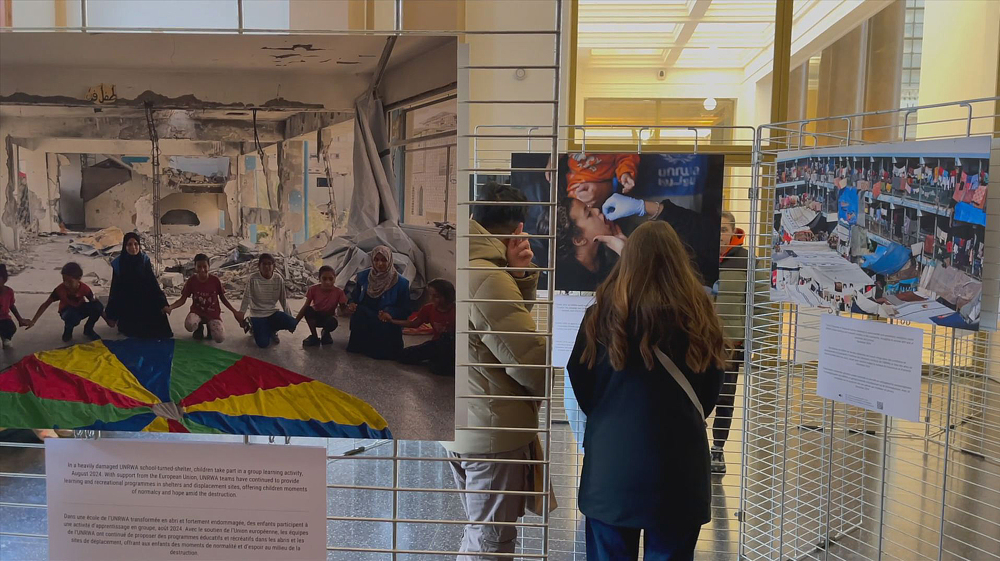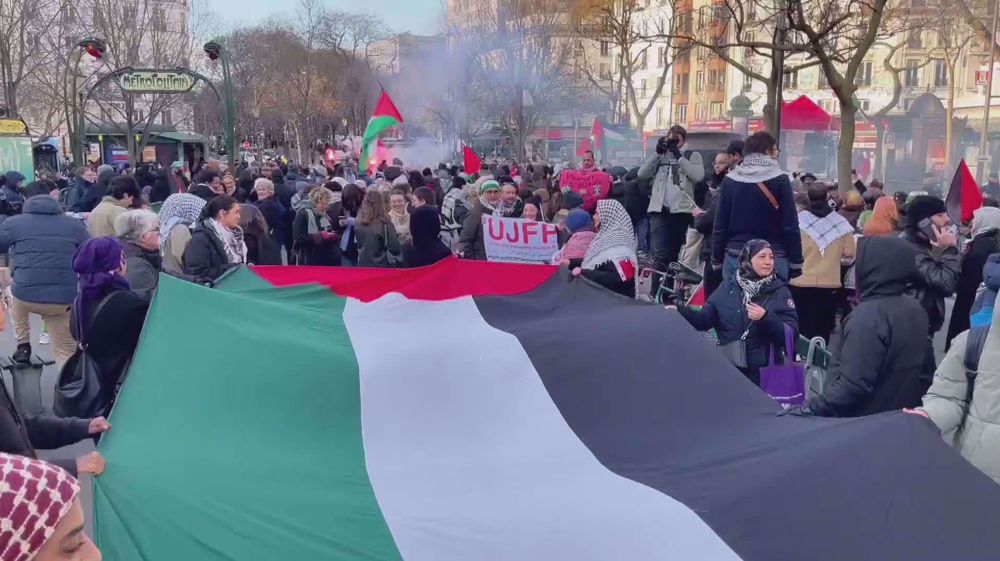Muslim scholars, officials slam Arab-Israeli normalization
Yusef Jalali
Press TV, Tehran
Tehran has hosted the 5th edition of the International Conference of Expatriate Resistance Forces. The annual event aims to shed light on the importance of the resistance movement in countering threats in the Middle East.
It's time for Muslims to set aside differences and unite against a common threat!
This is what participants at the 5th edition of the International Conference of Expatriate Resistance Forces agreed upon.
The annual event, which was held with fewer delegates due to the coronavirus, brought together Muslim scholars, politicians and activists to discuss the latest challenges in the region.
This year, the conference was themed with the UAE and Bahrain's bombshell announcement of their normalization with Israel. Delegates at the conference strongly condemned the move as a backstabbing of Palestinians.
The United Arab Emirates and Bahrain now have become the third and fourth Arab states after Egypt and Jordan to normalize their ties with Israel. However, the move by the two Arab states does not represent a seismic shift in regional power equations, as they are merely publicizing their pre-existing covert ties.
The US-brokered deal is widely viewed as Washington's last shot in its attempts to legitimize the Israeli occupation of Palestine.
While the US calls the UAE's normalization of ties with Israel an icebreaker for other Arab states to jump on the wagon, observers say even if this happens, it still lacks legitimacy, since the Israeli Palestinian conflict is not an Arabic-Jewish issue, and it involves the entire Muslim world.
Delegates here find the root cause of the unending crises in the region in external forces, who seek to exploit the region's resources. They believe the US-brokered Arab Israeli normalization is a case in point, which could bear unpredictable troubles, not only for Palestinians, but for the entire region, if regional states sit on their hands.
Iran FM arrives in Geneva for next round of indirect talks with US
Israeli strike in eastern Lebanon kills four
Six top Trump administration officials appear in Epstein files
VIDEO | Little short-term gain for US in striking Iran
VIDEO | Israel escalation and 'Board of Peace' meeting
VIDEO | Press TV's news headlines
Gaza Nasser Hospital slams MSF’s ‘unsubstantiated’ claims as medical work suspended
Jordan condemns Israeli incursions at Al-Aqsa Mosque as 'flagrant violation'









 This makes it easy to access the Press TV website
This makes it easy to access the Press TV website